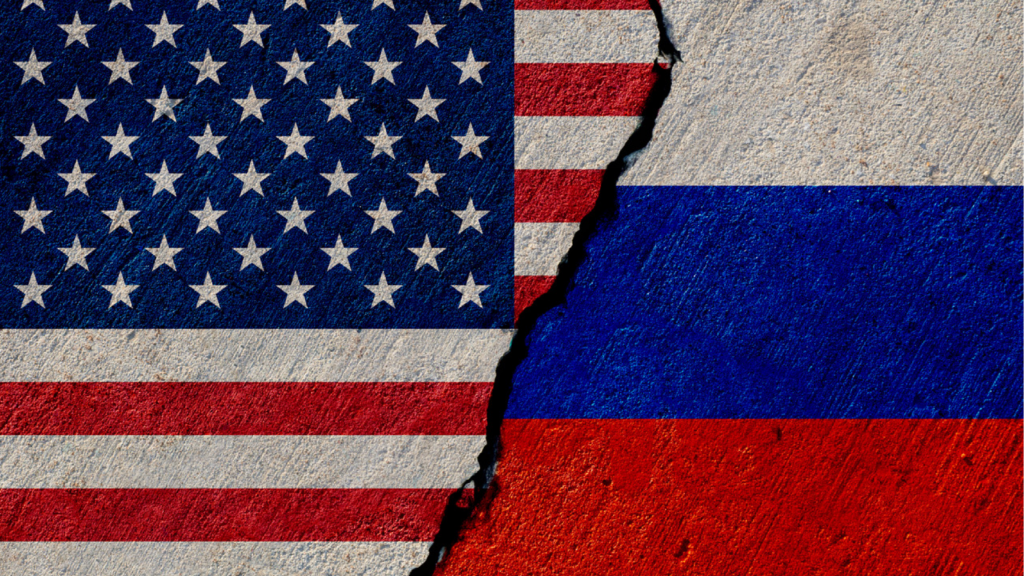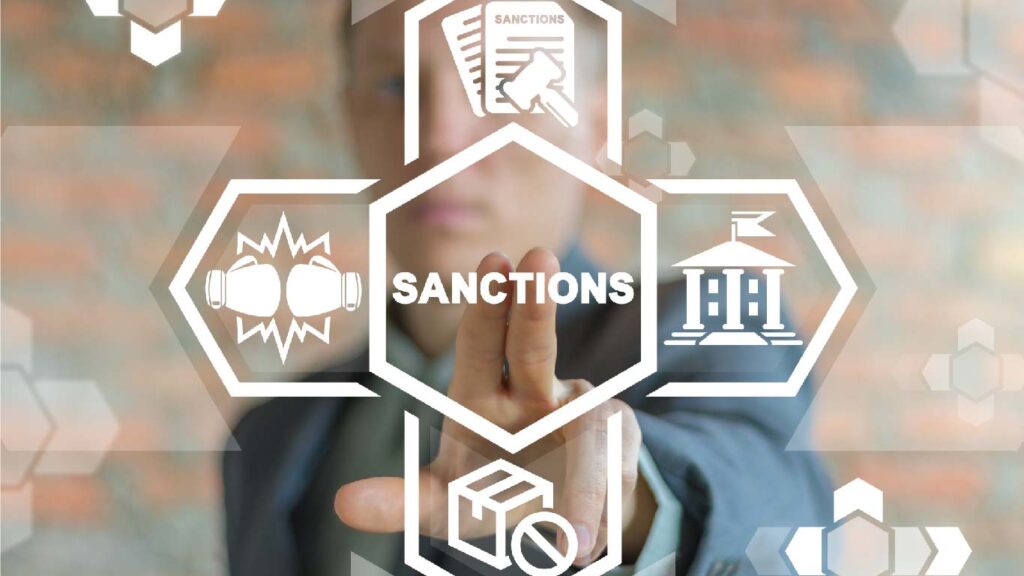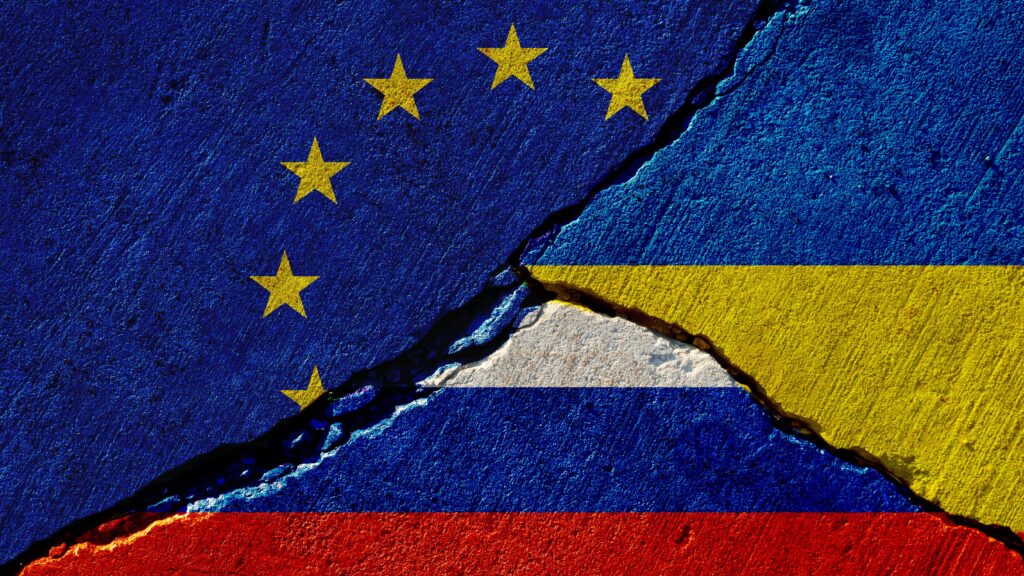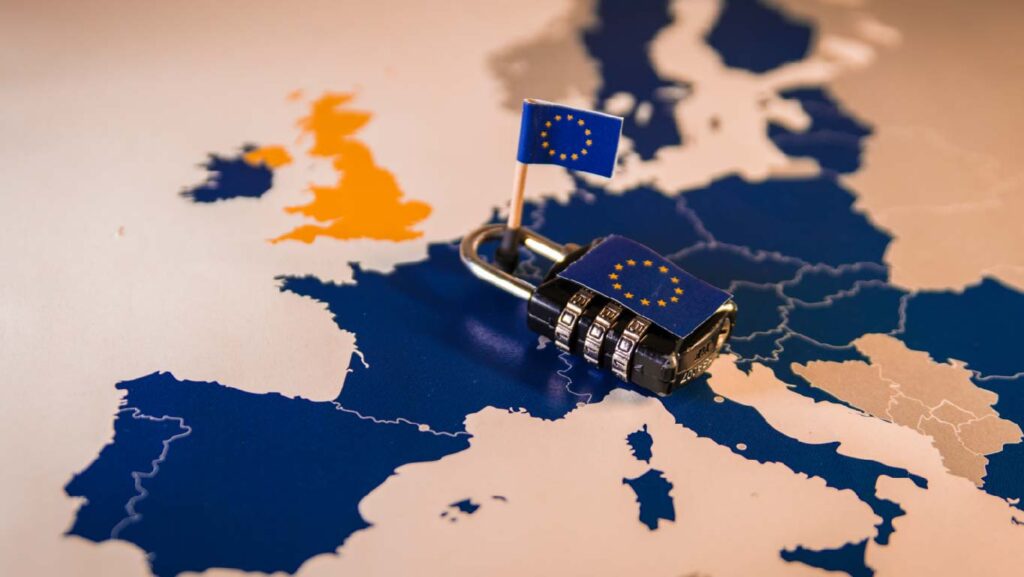Economic and Financial Sanctions
Potential US Sanctions Shift on Russia
Implications for EU Strategy
A Unified Global Response - A History of EU and US Measures Against Russia Since 2022
The imposition of sanctions on Russia has evolved significantly since the first measures were introduced in 2014, after Russian forces annexed Crimea. At that time, the European Union’s response was cautious. Sanctions were designed to signal disapproval rather than to apply significant pressure. However, as Russia’s actions escalated, so did the sanctions. The real turning point came in 2022 when Russia launched a full-scale invasion of Ukraine. In response, the European Union, along with the United States and other allies, moved to impose unprecedented sanctions designed to cripple Russia’s ability to finance its war machine. These measures targeted key sectors of the Russian economy, including freezing assets, cutting off major banks from the global financial system, blocking exports of critical technology, and blacklisting Russian oligarchs and government officials. The sanctions aimed to weaken Russia economically while reinforcing Western solidarity with Ukraine and bolstering European security. [1]
The United States followed suit with its own robust sanctions strategy. In March 2022, the U.S. imposed a ban on Russian energy imports, signalling a major effort to sever the economic lifelines sustaining President Putin’s war in Ukraine. This was part of a broader strategy to prevent Russia from accessing critical revenues, with a particular focus on ensuring stability in global energy markets and supporting Ukraine’s energy security. The U.S. also targeted Russia’s aerospace, marine, and electronics sectors, expanding its sanctions to restrict the flow of crucial technology and materials. The U.S. sanctions, coupled with financial restrictions, had an immediate impact on Russia’s economy, freezing assets and isolating its largest banks from the international financial system. [2]
Long-Term Economic Consequences for Russia
The sanctions are gradually taking a toll on Russia’s economy, widening fiscal deficits, increasing debt costs, and leaving the economy fragile. While Russia has adapted through more government spending and state support, it’s becoming increasingly isolated from the global economy and more dependent on war-related industries. [3] Though the sanctions haven’t ended the conflict immediately, they are weakening Russia’s economic foundation, and in the long run, their cumulative effect may prove pivotal in undermining Russia’s ability to sustain military operations and continue its aggressive foreign policy.
Trump's Push to Ease Sanctions on Russia
When Trump first took office, he initially planned to strengthen sanctions against Russia to pressure the country into ending the war in Ukraine. However, within weeks, his approach shifted as he claimed that peace talks would be more effective, arguing that direct engagement with Russia could help resolve the conflict. This led to discussions between U.S. and Russian officials about restoring diplomatic ties and exploring new business opportunities, with sanctions relief becoming part of the broader negotiations. The White House even asked the State and Treasury Departments to draft proposals for easing sanctions. [4] However, it is important to note that Trump could not act without limits. As John Smith, a partner at Morrison & Foerster, explained, Trump could begin easing some sanctions through executive order, but removing sanctions on specific entities would still require approval from Congress. [5]
Easing Sanctions, a Risk to Geopolitical Stability?
Easing sanctions on Russia could provide short-term relief, but it raises an important question: What would Russia offer in return? With no clear guarantees that Russia would honor peace commitments, there’s a risk that sanctions relief might simply reward continued aggression. Given the unpredictable nature of Trump’s foreign policy and the ongoing conflict, it’s uncertain whether this strategy would lead to genuine peace or merely embolden Russia’s actions. Prematurely lifting sanctions could undermine global pressure on Russia, weakening efforts to hold the country accountable and potentially setting a dangerous precedent for other authoritarian regimes.
US Sanctions Easing - A New Challenge for Europe’s Unified Stance on Russia
As the US moves towards the possibility of easing sanctions on Russia, Europe faces a daunting challenge in maintaining its stance. For years, the EU has worked alongside the US to impose sanctions that have targeted Russia’s economy in an attempt to curb its aggressive actions. But if the US takes a step back, Europe would be left grappling with the task of holding its ground.
While some EU leaders might argue that Europe should go its own way in terms of sanctions, the absence of a coordinated effort could lead to Russia benefiting from the division. The real danger lies in the potential divisions within the EU itself. Countries with strong economic ties to the US, or those like Hungary that have expressed more skepticism about sanctions on Russia [6], might resist the continued imposition of sanctions, prioritizing their own economic interests over the EU’s collective approach. Some may see this shift as an opportunity to reconsider their stance on EU sanctions, creating further challenges for maintaining a unified position. This could spark a dangerous fragmentation of the EU, undermining its unified front in Russia and lead to a weakening of sanctions, particularly in critical sectors like energy and finance, where Russia could regain a foothold in Western markets.
Despite these challenges, some argue that Europe continues to hold substantial economic influence. In 2021, the EU accounted for nearly 40% of Russia’s trade, both imports and exports, far surpassing the United States, which absorbed only 3.6% of Russia’s exports and supplied just 5.9% of its imports. While the EU has already targeted over half of Russia’s imports from the bloc, including critical high-tech goods, the full impact of these sanctions on Russia’s economy is still unfolding. In addition, Europe controls essential maritime routes and holds power over key financial channels, especially through its ability to enforce the oil price cap, which still has the potential to put pressure on Russia. [7]
However, past experience has shown that Russia is skilled at finding ways to circumvent sanctions by using third countries as middlemen. Moscow has actively searched for alternative routes to buy military technologies, often turning to countries like China, Turkey, the UAE, and Hong Kong [8]. In addition to these open channels, Russia has also used secret payment networks, often set up with the help of intelligence agencies from friendly countries like China, to quietly purchase sensitive military equipment that sanctions are meant to block [9]. At the same time, Russia has kept selling its oil through these same third countries, reducing the impact of Western sanctions [10]. So far, the combined pressure of US secondary sanctions and the coordinated efforts of Western countries to close these loopholes has helped limit Russia’s ability to fully use these workarounds, whether to buy sensitive and military goods or to sell oil.
Conclusion
As the US considers easing sanctions on Russia, the effectiveness of the sanctions regime and Europe’s ability to maintain a unified front will be tested. If Russia gains freer access to the US dollar or finds it even easier to use third countries to sustain trade with EU nations, Europe’s economic leverage could shrink rapidly. Sanctions would remain in place, but much of their strength would be drained, turning what should be a powerful tool into a slower, weaker mechanism.
Ultimately, it all comes down to the U.S.’s stance, specifically, which sanctions it eases, to what extent, and how much freedom it grants Russia. Additionally, the EU’s ability to remain united and leverage its trade power will play a critical role in shaping the outcome. This will determine not only the success of sanctions but also Europe’s ability to uphold its position in the face of a divided global response.
As the situation continues to evolve, businesses must remain proactive, prepared for shifts in sanctions laws, and adaptable to the changing dynamics. Navigating these complexities requires both insight and strategy. Our consultants are here to help guide you through these uncertain times, ensuring you’re well-equipped to make informed decisions.
Other articles
Sources
[2] https://www.state.gov/united-with-ukraine
[4] https://www.theguardian.com/us-news/2025/mar/03/trump-sanctions-russia , https://www.reuters.com/world/white-house-seeks-plan-possible-russia-sanctions-relief-sources-say-2025-03-03/
[6] hungary-backs-down-in-eu-russia-sanctions-standoff
[7] https://foreignpolicy.com/2025/03/04/trump-putin-sanctions-russia-europe-eu-ukraine-trade/
[8] https://hir.harvard.edu/fortune-hunting-russia-and-sanctions-evasion/








